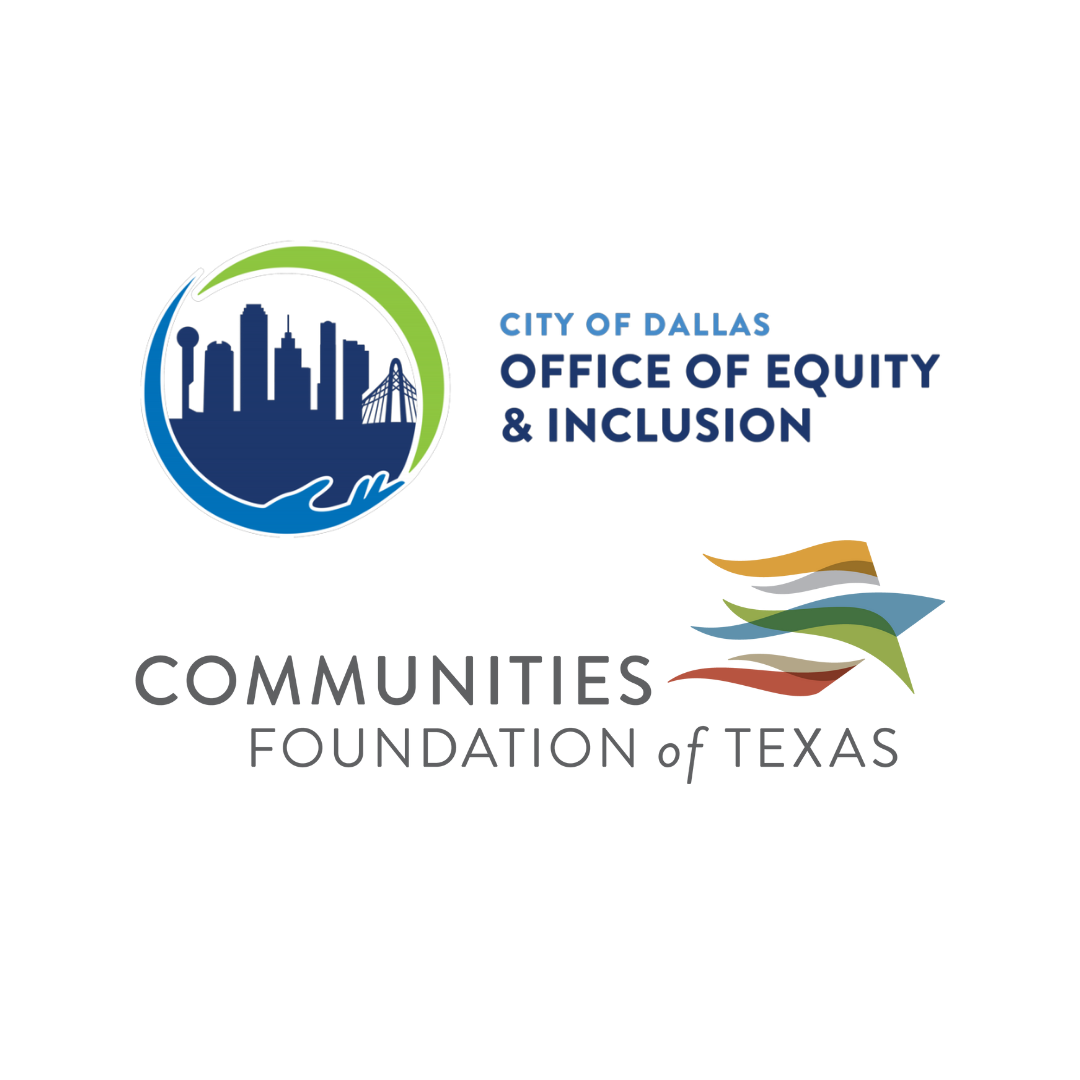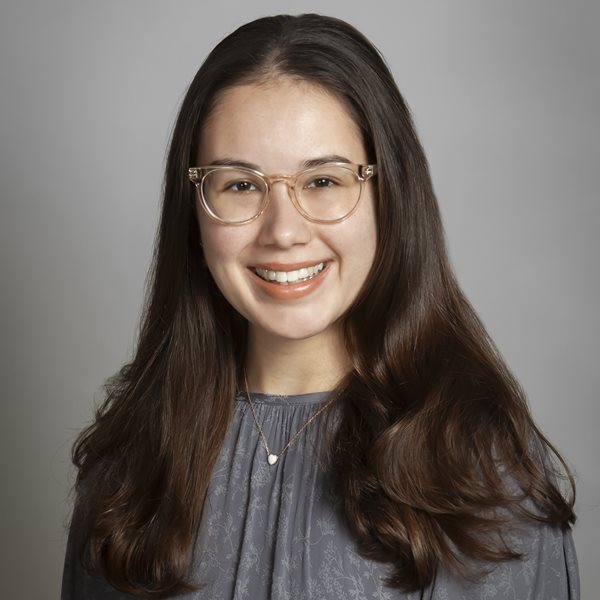
The critical conversation was centered on building an inclusive Dallas, as Dallas develops its first Racial Equity Plan. The Racial Equity Plan will serve as a living document showcasing how city departments plan on closing disparities that impact communities of color. The City continues to work to move the needle on racial, ethnic, and socioeconomic disparities highlighted in the 2019 Equity Indicators Report, created in partnership and with support from CFT.
The City of Dallas’ Chief of Equity and Inclusion, Liz Cedillo-Pereira, began the online event with welcoming remarks. Then, Interim Director of Research & Data, Eva De Luna Castro with Every Texan reviewed Every Texan’s Dallas Equity Indicators report. The Equity Indicators allow Dallas to measure justice and fairness outcomes within the city. The indicators target and track disparities faced by communities most vulnerable to inequity. This year’s 13 indicators were chosen for relevancy to pandemic relief efforts, including unemployment, housing cost burden, internet access and more. Every Texan’s report will serve as a framework for policy development and change.
Over 310 attendees tuned in for a roundtable discussion with key policymakers and two diverse panels. The symposium’s panelists offered perspectives from private, public, and nonprofit institutions. These community organizers and leaders included President of Paul Quinn College, Michael Sorrell; Deputy Superintendent for Leading and Learning Susana Cordova; Councilmember Jaynie Schultz – District 11 and Chair of Workforce, Education and Equity, and more.
CFT’s Chief Philanthropy Officer, Sarah Cotton Nelson, led the first discussion with city policymakers. The discussion centered on the importance of institutionalizing racial equity. Attention was placed on how equity indicators can help guide new policies and programs that advance systemic change.
“We have to make sure that we institutionalize the work of racial equity. We have to normalize racial equity in the community,” explained District 3 Councilmember and Vice Chair of Workforce, Education and Equity Committee, Casey Thomas II. “We need a commitment from our faith-based community, our nonprofit and business community. We have to be intentional about this work on racial equity.”
The Symposium’s first panel, Establishing Equity Driven Performance Measures, was moderated by Harold Hogue, Manager Partner of CoSpero Consulting. Panelists shared the importance of setting measurements that account for disparities seen in communities of color and low-income neighborhoods. An emphasis was placed on the importance of data collection and community input when collaborating and making shared decisions.
“As an Office of Equity and Inclusion, it is our role to support departments in understanding how harmful it is to communities of color and lower income neighborhoods when we don’t fully understand the unique challenges and disparities they face,” explained City of Dallas Equity Officer Dr. Lindsey Wilson. “These challenges can truly be captured by the collection of data. Once we have data that demonstrates where there are disparities, we can move to setting clear-cut goals around addressing those specific disparities.”
The final panel, Accountability as a Key Cornerstone to Advance Racial Equity, focused on how municipalities and other organizations can be held accountable for equity measures and the role of rebuilding trust within our communities. President of Paul Quinn College, Dr. Michael Sorrell, moderated the discussion as panelists spoke on the need to set goals, plans, and metrics and the importance of commitment.
“We cannot love our way to equity, we have to hold people accountable,” said Dallas College Trustee of District 6, Diana Flores. “We have to put programs and initiatives in place to build a cultural climate for racial and ethnic equity to thrive.”
Dr. Lindsey Wilson and Harold Hogue concluded the symposium by reviewing Dallas’s current work in developing the first citywide Racial Equity Plan. Viewers were invited to share their voice and get involved by visiting WeAreOneDallas.org.
To add your voice and be involved throughout the development of the Racial Equity Plan that is led by the Office of Equity and Inclusion in partnership with CoSpero Consulting, visit WeAreOneDallas.org.
To join the conversation and explore the impact of equity measurements and accountability, recordings from the third annual Equity Symposium are linked below:
WELCOMING REMARKS & POLICYMAKERS ROUNDTABLE VIDEO
ESTABLISHING EQUITY DRIVEN PERFORMANCE MEASURES VIDEO
ACCOUNTABILITY AS A KEY CORNERSTONE TO ADVANCE RACIAL EQUITY VIDEO
For more information or questions, email equity@dallascityhall.com


